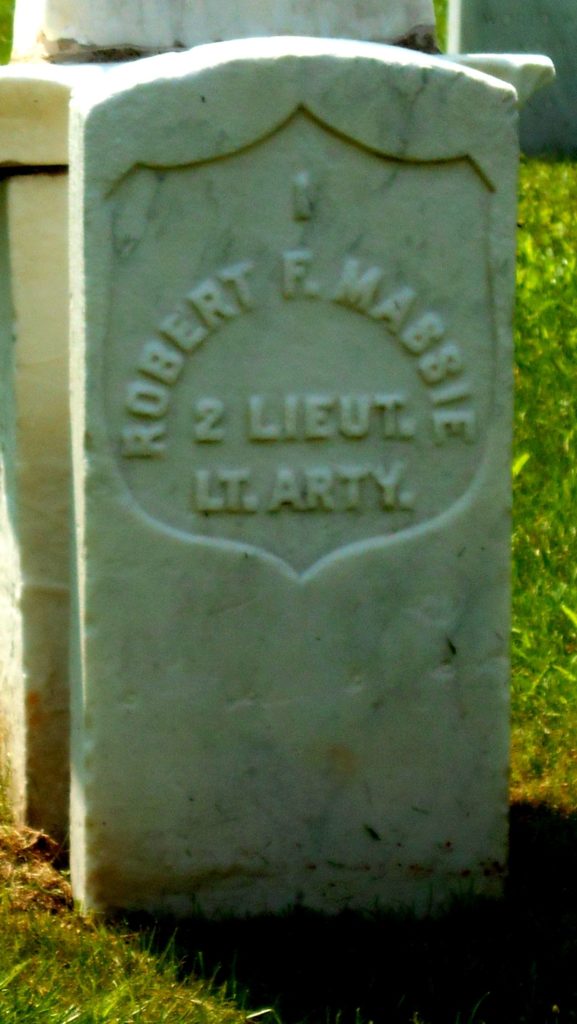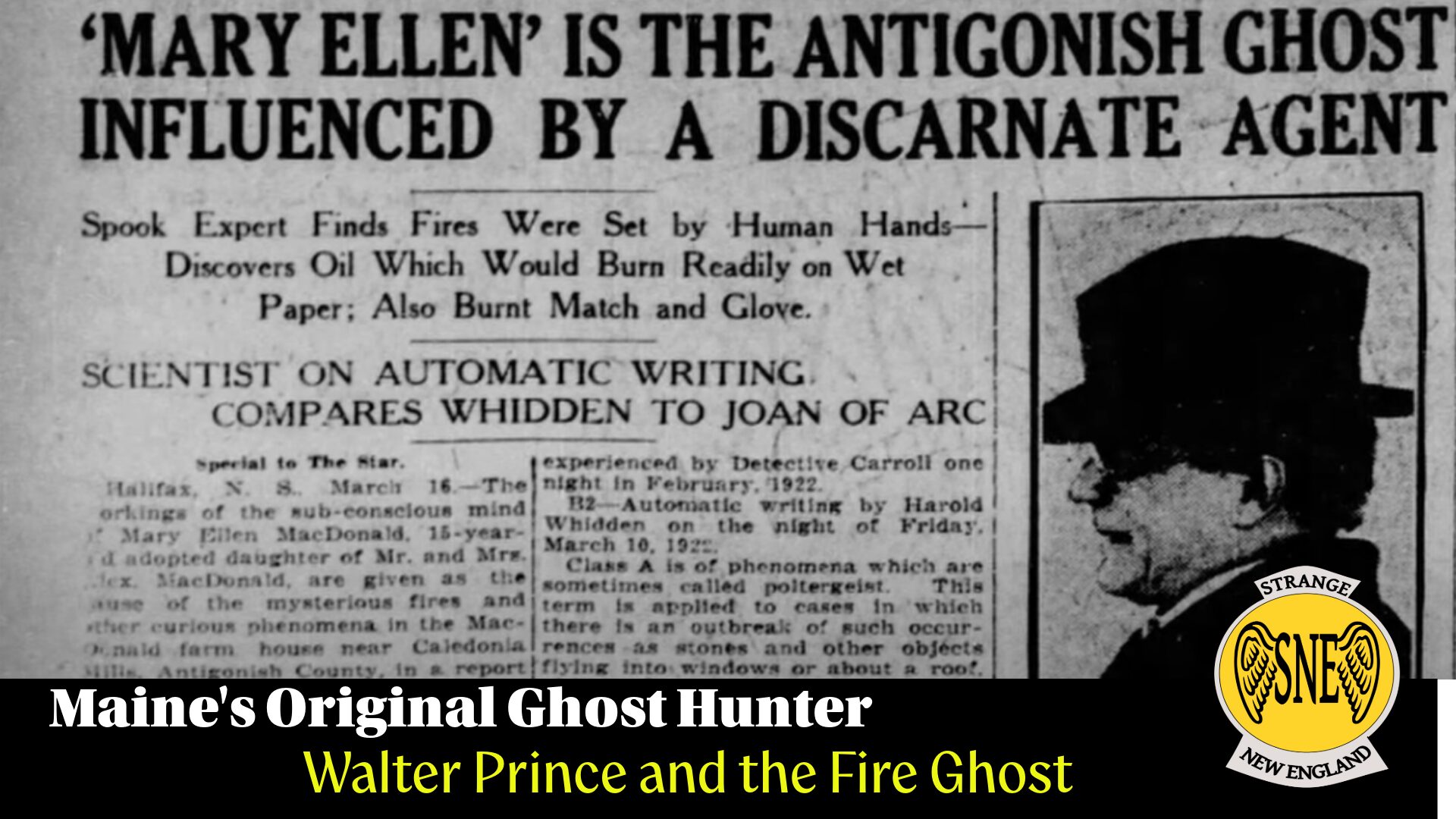
Lieutenant Gustavus Drane awoke from his stupor to find himself chained to the floor. It was dark, so dark. Where was he and what was that sound? How did I get here? He struggled to regain his thoughts. He had been drinking, rather heavily, with the other men of the regiment. He ought to have known better, that they had never really liked him, but the days and weeks at Castle Island in Boston Harbor were long and cold with little else to do but play cards and drink. He was better than this, he thought! Gustavus Drane cursed his bad luck, but as his eyes began to focus again and as the thoughts began to come together in his clouded mind, he assessed his situation.
He was in a dark place, but where? Was this a casemate, an underground storage bunker? It must be. And that sound – men talking and the sound of bricks being moved. He struggled but the iron handcuffs were cumbersome and his feet were shackled, as well. Those men, he could see shadows flickering the dimmest of light at the end of the casemate – they were – no, good God, please God no – they were sealing him inside, one granite brick at a time.
He raved, he swore, he shouted, but all to no avail. The sound echoed and rattled around the empty chamber, this vast tomb, but no sound could escape. He pleaded with the men he had played cards with only hours ago, men he had shared whiskey and wine with, men who knew him well. Why were they doing this to him? Was it because of Massie? It must be. Massie, that fool that he ran through with his sword because of his insolence, because of his damned familiarity with the others. Surely these men walling him in alive understood the rules of the duel? Massie had willingly walked to his death that Christmas morning a year ago. By showing up, he had tacitly agreed to the rules and one of the rules was that the winner walked away free. Was it his fault he was the better swordsman? Did these men not understand?
And then, the sounds grew still and the light grew dim and Lieutenant Drane stopped his protestations for a moment to take in the gravity of the situation. It was a long moment, followed by the clink of stone upon stone and then, utter darkness. He screamed and then, with no hope left, he began to weep.
He was never seen or heard from again.

Anyone who has read Edgar Allan Poe’s “The Cask of Amontillado” is familiar with this tale. Well, sort of. The details are different, though the basic plot is the same. A man is tempted and plied with drink, a man who is despised by the one who offers the spirits. He is teased with more good company and more liquor until, at last, he is senseless and easily chained. Then, his captors begin to seal him into the space they have prepared for him. In the end, the poor victim recovers just long enough to see the last light he will ever see in this world as the last brick is inserted into the wall. In Poe’s classic tale, he ends the story with the words
“I forced the last stone into its position; I
plastered it up. Against the new masonry I re-
erected the old rampart of bones. For the half
of a century no mortal has disturbed them. In
pace requiescat!”Stories can take their inspiration from legends and legends need not be ancient or ever very old. They can rise from the tales told among a small group of people, stories that resonate and have a moral or a lesson. So it is with Poe’s classic story. In this case, it is a tale told by soldiers to pass the time and while away the long hours of boredom that is the bulk of a soldier’s time.
People who are familiar with Poe and his macabre works may not know that Poe was born in Boston in 1809, the son of an alcoholic father and his mother, a locally acclaimed actress, Elizabeth. Poe’s father disappeared early and his mother died when he was two years old of tuberculosis. Moved from foster family to foster family, he eventually found himself adopted by a Richmond couple, to a mother who loved him dearly and doted upon him, and to a father who, over the years, grew to detest young Edgar and his gentile ways. Poe was sent to the University of Virginia in its early days with only enough money from his father to pay tuition and little else. Edgar did well in his studies, to be sure, but he had no money for food or firewood and he turned to gambling to make ends meet. Before long, he found himself owing gambling debts he could not afford to pay. He begged his foster father, John Allan, to help him, but he refused and so, to avoid imprisonment, he left the University under the cover of darkness and joined the army under an assumed name, Edgar A. Perry.
One of his first stints in the military, before he eventually attended West Point and before he was court-martialled and dismissed, was in 1827 in his home town of Boston, at Castle Island in Boston Harbor, a place called Fort Independence. While there, Poe discovered a mystery that would haunt his creative mind long enough to retell the essential tale in a style and fashion that only Poe could.

Picture Credit Victor Grigas
There was a marble monument that Poe saw that intrigued him. The monument is no longer there, but Poe’s notebook records the lines he read:
The officers of the U.S. Regiment of Lt. Atr’y erected this monument as a testimony of their respect & friendship for an amiable man & gallant officer.
Another side of the monument has a line from Collins, the poet, “Here honour comes, a Pilgrim gray, To deck the turf, that wraps his clay.”
Finally, the north side of the small monument read “Beneath this stone are deposited the remains of Loieut. ROBERT F. MASSIE, of the U.S. Regt. of Light Artillery. Near this spot on the 25th, Decr, 1817, fell Lieut. Robert F. Massie, Aged 21 years.
Near this spot fell…
Poe was intrigued by those four words and he investigated the circumstances that led to the death of a young man, a man his own age. Robert K. Massie was a young officer assigned to the garrison at Castle Island. He was amiable and kind, a friend to all, the kind of young officer who was destined to inspire his men to follow him freely, without reservations. He enjoyed the comradeship of his fellows and in no time was a popular figure at the fort. Everyone seemed to like him, with the exception of a single man – fellow Lieutenant Gustavus Drane. He was argumentative and had a reputation for being a bully. During a friendly card game on the night of Christmas Eve, Drane rose from his chair and stuck Massie across the face with his palm, saying, “You’re a cheat and I demand immediate satisfaction!” In front of these men, Drane had challenged Massie’s honor and a duel was the only honorable way to end this altercation. It was agreed that the next morning, on Christmas Day, the two would meet in the fort’s yard.
A duel was a long standing way for people of a certain pedigree to let God settle a dispute of honor. It was thought that in such a man-to-man challenge, God himself would choose to save the ‘right’ person. In early America, duels were part of the accepted norm. In fact, duels were quite public in nature before they were outlawed in most states by 1859. In places like Boston, they were already frowned upon and looked upon as somewhat childish ways for men to settle their differences. Alexander Hamilton died in such a duel. Later, even Lincoln would be challenged to a duel – and he chose swords, thinking his long arms would be an advantage, but even Lincoln relented and apologized for his insult.
On the moring of December 25 in the chilly Boston dawn, Lieutenant Gustavus Drane made quick work of young Robert Massie, running him through with a sword almost immediately. Oh, their seconds tried in vain to settle this conflict with words, but to no avail. Massie, taken into the barracks, died later that afternoon. Within a few weeks, a marble stone was erected in his memory. Everyone would remember that a cruel, vindictive man had effectively murdered a good man in this spot and had gotten away with it.
Then, Lieutenant Gustavus Drane disappeared. He was never seen or heard from again and was labeled a deserter by the Army. Perhaps he did run away, shamed by the words on the stone that reminded everyone of his foul deed. Poe looked a little further and heard the story among the soldiers that Drane was still among them, albiet many feet below. The friends of Robert Massie, who undoubtedly must have borne the bullying of Drane, learned that not only had he killed Massie, but six other young men as well, using similar tactics. Taking justice into their own hands, they plied Drane with alcohol and carried him to an abandoned casemate they had recently opened. Then, they chained him to the floor with iron and walled him up alive within the darkness of the dungeon. Poe, it is said, was confronted by the commander of the garrison and told to never speak of this tale again. He obviously didn’t quite keep his word, as the story “The Cask of Amontillado” is one of the most famous stories in the world, but he did change the place and the names and only kept the horror. The horror is the thing – the thought of being utterly alone and never again to see the light of day or hear another human voice, to simply lie there, forgotten.
But the truth makes liars of us all. It seems that Lieutenant Gustavus Drane was not murdered and was not a deserter. He continued his military life and made it to the rank of Captain. He later died in 1846 while in the service of the military. This much we know to be true – Massie ‘near this spot fell’ though we do not actually know how.
There are a few books published in the early 20th century that claim that in 1905 during renovations at the fort, a casemate was opened and a skeleton was found within, the small tattered remnants of his clothing were of an old military uniform. Someone, it seems, was left in the darkness of the casemate. Who? We will never know. Folklore and legends hold onto what is essential and leave the rest to float away in the river of time. We have a legend here, and therefore, only a portion of the truth.
Fort Independence was a state prison from 1785 until 1805, before the time of Lieutenants Massie and Drane. Perhaps the remains are from that earlier time. Perhaps not.
One final strange series of events occurred that we can prove, however. The remains of the beloved Lt. Massie took on more importance when a bridge to Castle Island was built in 1891. People made pilgrimages to visit. The following year, Massie’s remains were dug up and reburied at Governor’s Island in a new cemetery. In 1908, he was disinterred again and moved to Deer Island to be laid to rest in the officer’s section of Resthaven Cemetery. Finally, in 1939, he was moved one more final time, to rest at Fort Devens in Ayer, Massachusetts.
Robert F. Massie died once but was buried five times. This must so some sort of record. It seemed that he was not allowed to rest and that we are still connected to him whenever we remember or reread Poe’s tale.

SOURCES
http://newenglandfolklore.blogspot.com/2013/09/fort-indpendence-edgar-allan-poe.html
https://www.findagrave.com/memorial/63845919/robert-f_-massie
Cover Art: Harry Clarke, 1919, “The Cask of Amontillado” Public Domain





Captain Gustavus Savage Drane yes indeed , he died at Fort Mifflin, Philadelphia PA inside the Commandant’s House in 1846. The building is still there. Paranormal activity all over the Fort, it’s a military museum very close to the international airport.
I’ve been working at Fort Mifflin for over 10 years & I believe Drane’s spirit is there.